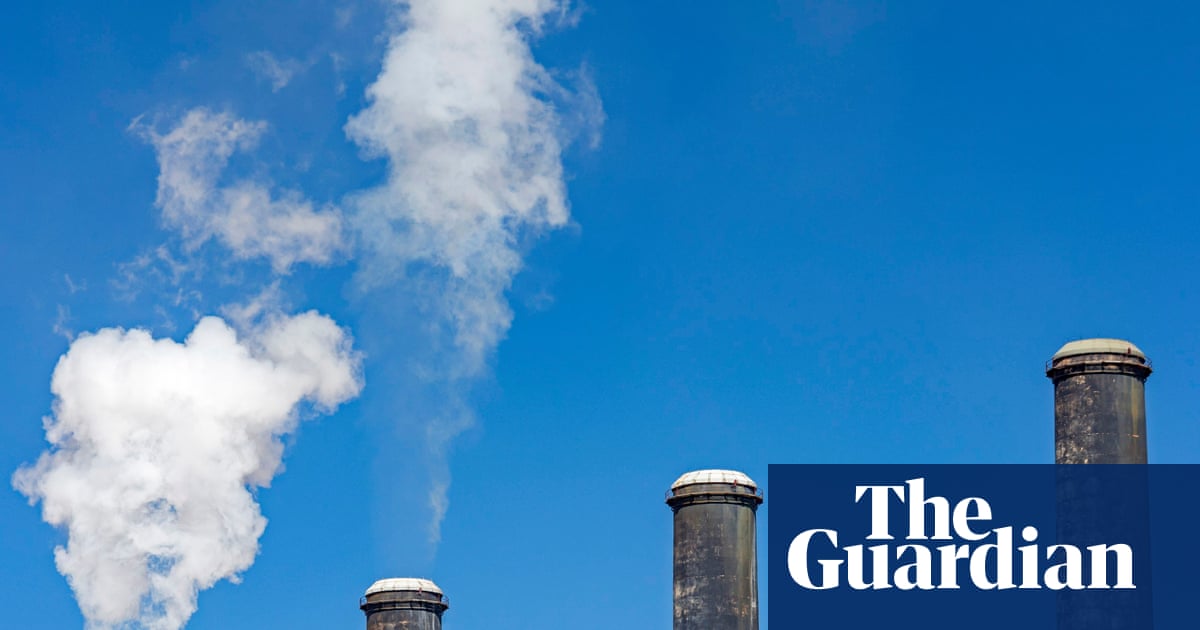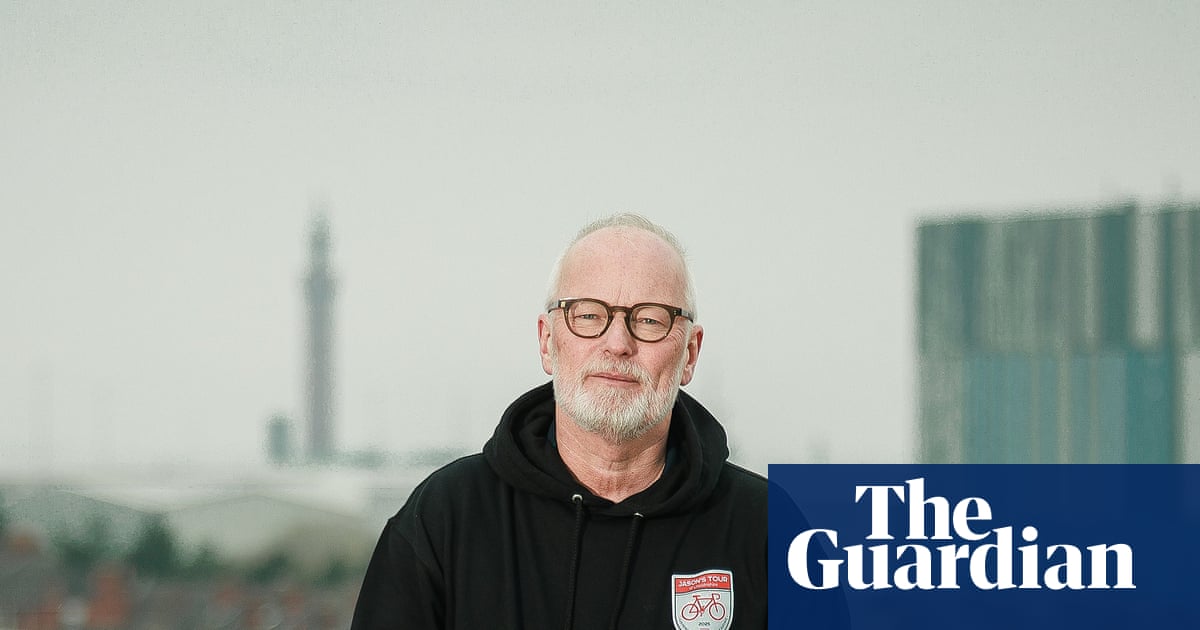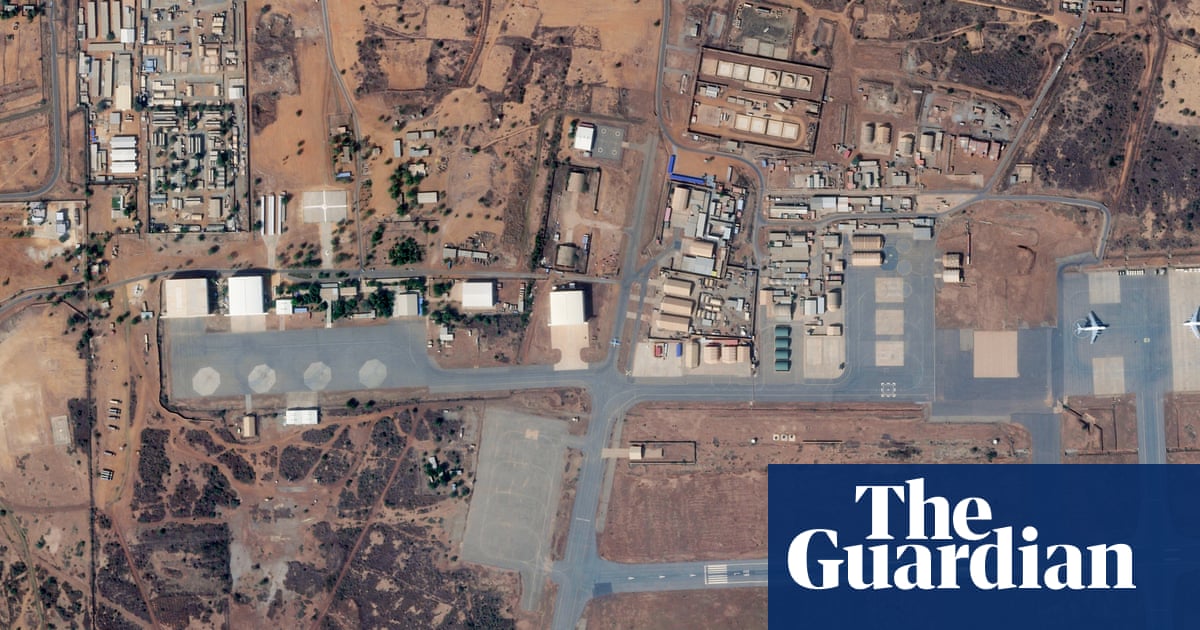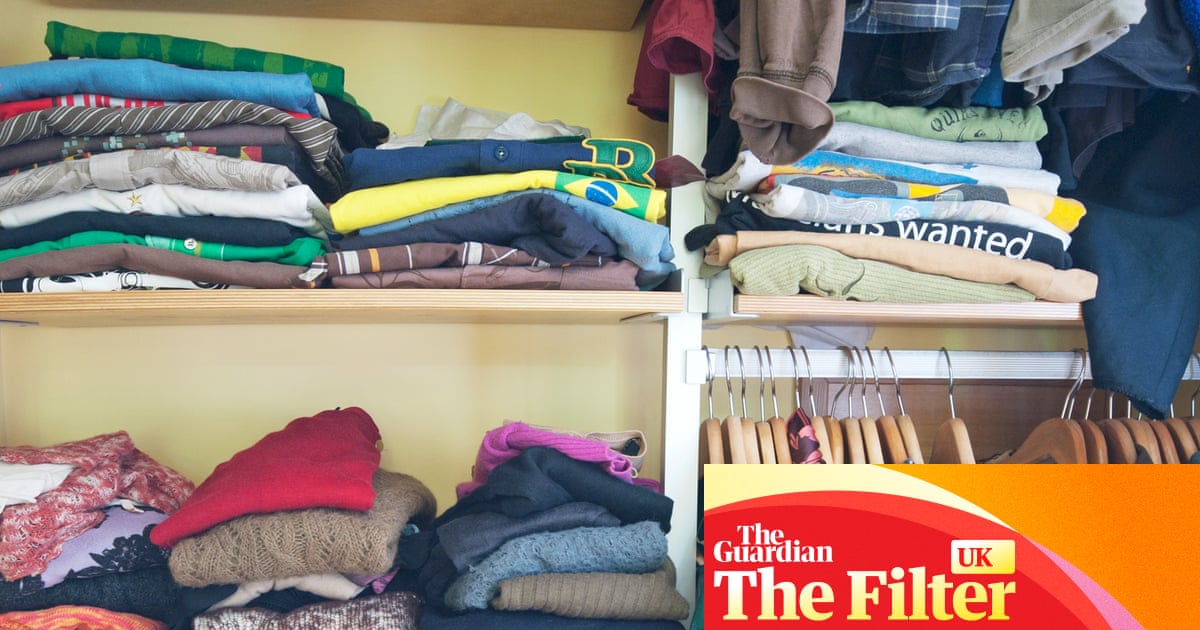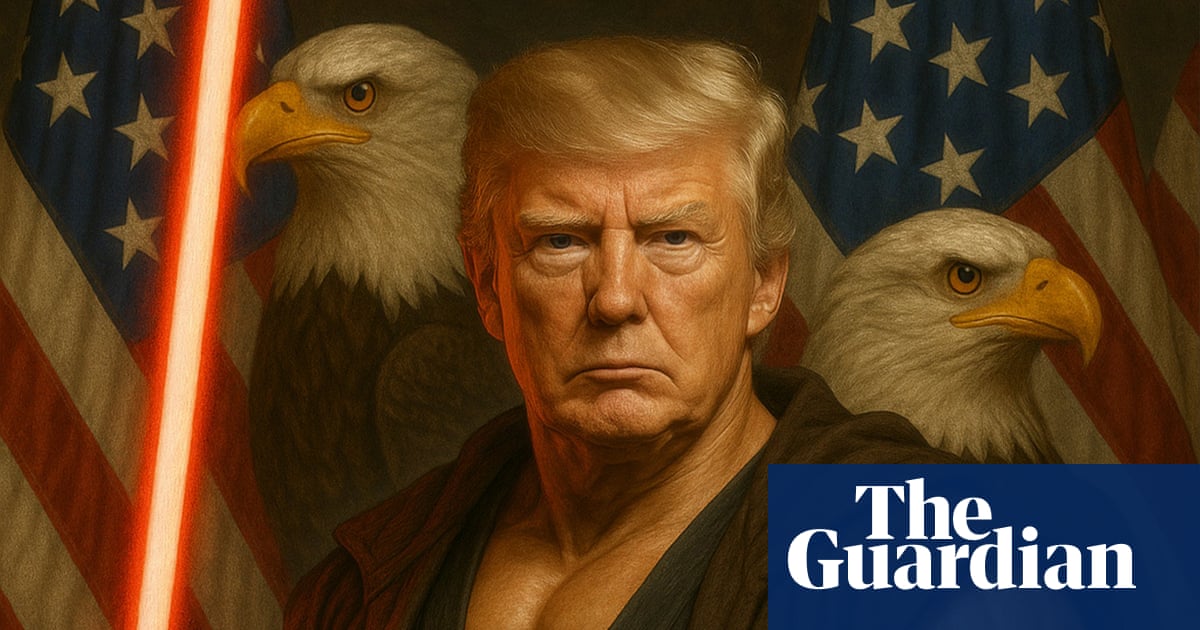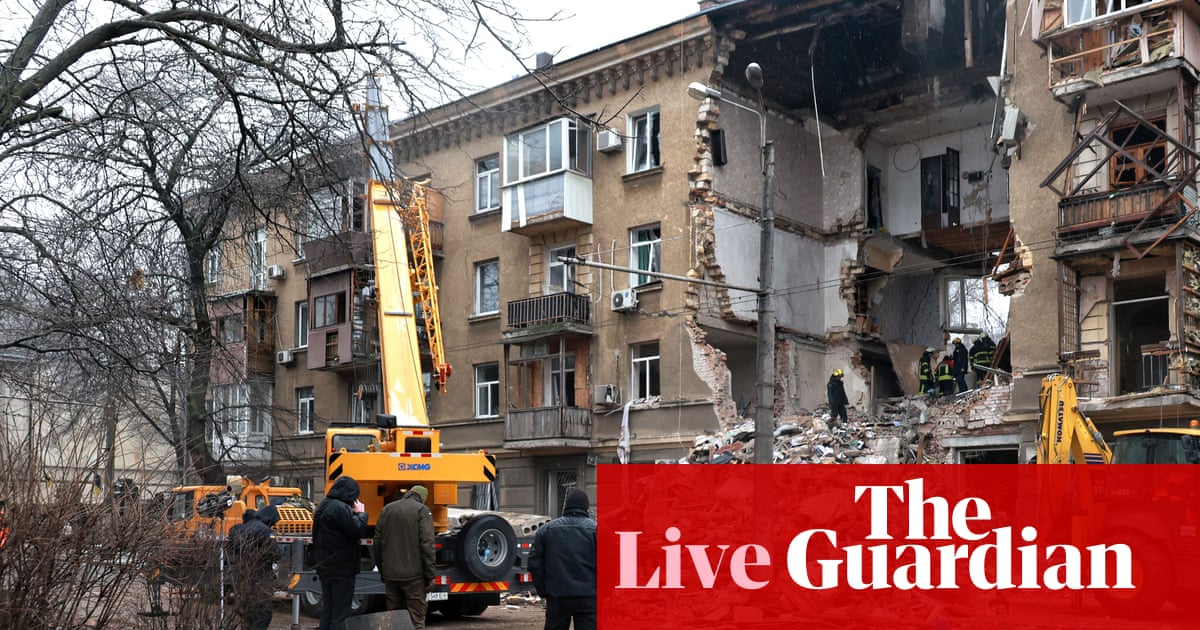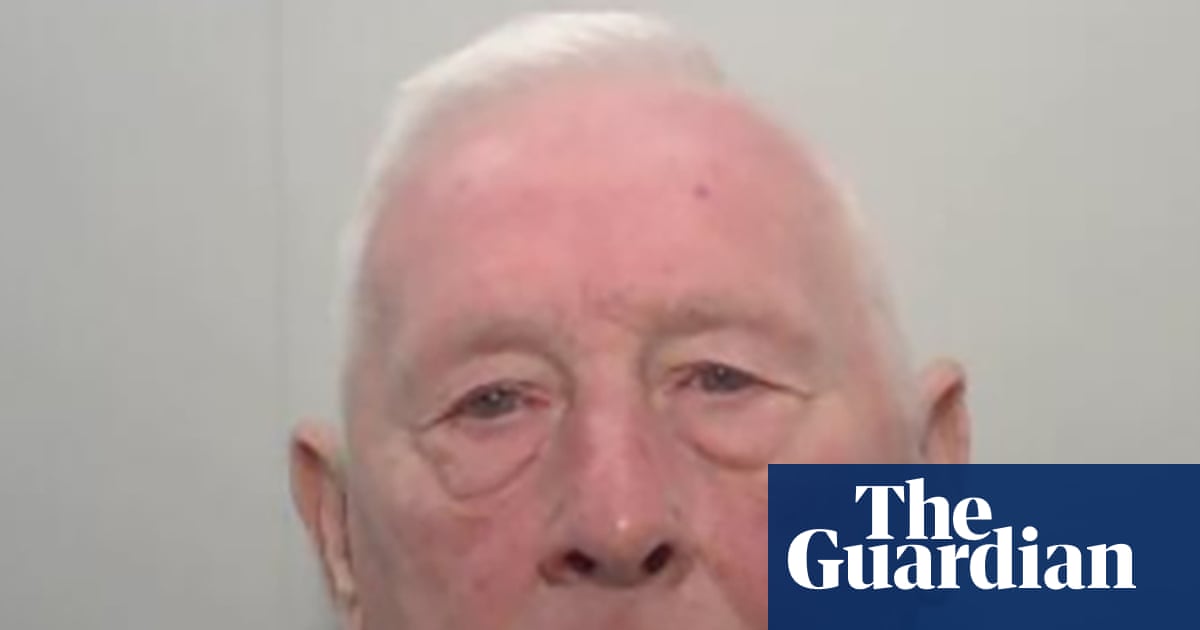Qantas says it has reopened its business class lounge at Melbourne airport after it was evacuated due to a passenger being set on fire by an exploding power bank in his pocket.
The man was in the lounge in the airport’s international terminal on Thursday morning when the overheated power bank ignited, burning his leg and fingers and creating smoke in the room.
Many airlines, including Qantas, have tightened their restrictions on flying with lithium-ion batteries, often found in mobility devices, to try to avoid any possibility of a fire breaking out onboard.
Qantas said about 150 people were evacuated from the Melbourne lounge “as a precaution” and the man had been taken to hospital for further assessment after being treated by paramedics on site.
“We worked with the Melbourne airport to clean the lounge and it has since reopened,” a spokesperson said on Friday.
In July, Virgin Australia said it was considering changes to its battery policy after a fire broke out on a flight from Sydney to Hobart, believed to have been caused by a power bank in a passenger’s carry-on luggage.
Sign up: AU Breaking News email
The fire at the Qantas airport lounge occurred about 24 hours before the national carrier’s executives faced shareholders at its annual general meeting, where they were met mostly with optimism and avoided any formal reprimand.
While investor groups had threatened to vote against the remuneration report at the company’s annual general meeting on Friday, in response to a recent data breach of customer details, the protest fell well short of a so-called “first strike”.
A “first strike”, which occurs when more than 25% of votes are lodged against executive pay plans, normally opens a company up to the risk of a board spill if it
records a second consecutive strike.
The two strikes rule was a federal government initiative from 2011 designed to hold companies to account over excessive pay rates, although strikes are also used by shareholders to express general discontent with a company’s performance.
While the carrier’s chair, John Mullen, fielded many questions and faced some criticism during the lengthy meeting, most shareholders seemed positive that the airline had rebounded from its reputational nadir two years ago.
In 2023, shareholders delivered a stinging rebuke of Qantas’s management by firmly voting down its remuneration report at a fiery annual general meeting during which the then chair, Richard Goyder, was heckled.
after newsletter promotion
Goyder was met with shouts of “shame on you” after he asked staff to switch off the microphone being used by shareholder Chris Maxworthy, who was asking questions about ethical decisions made by Qantas and its then chief executive, Alan Joyce.
Maxworthy, who was the first take up the microphone at the annual general meeting on Friday, said he’d had his “15 minutes of fame” and praised the airline for improving staff morale and focusing on “more than just the numbers” for customers.
“Some of you may recall that I had the unfortunate experience of the previous chair turning off my microphone,” he said. “In the past two years … Qantas has come a long way.”
While governance group Glass Lewis recommended investors vote against Qantas’s executive pay plans on Friday due to issues linked to the data breach, investors were appeased by the airline’s stronger performance.
Its shares are trading at about $9.50, double the price it did during the 2023 lows.

 2 months ago
68
2 months ago
68






